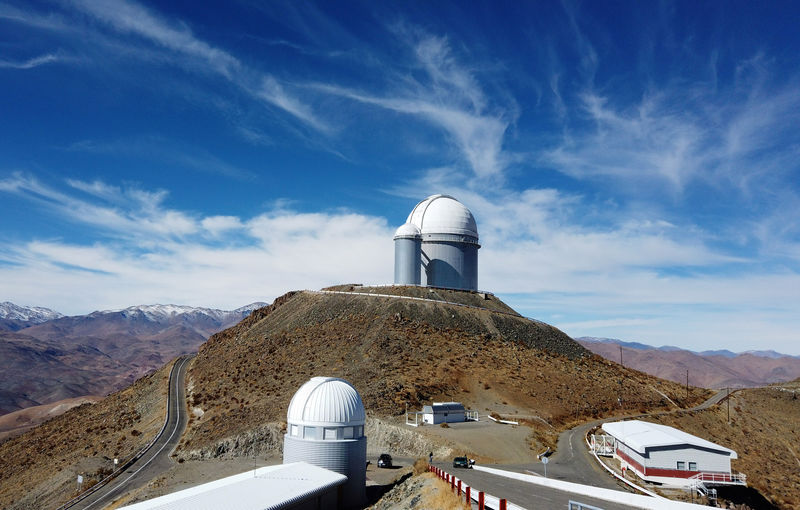LA SERENA, Chile (Reuters) - The total solar eclipse expected in northern Chile early next month is already drawing flocks of visitors eager to glimpse a rare view of the phenomenon through the region's clear skies.
In Coquimbo, a region spanning the Pacific coast and the Andes, tourism demand has already eclipsed offerings of some services, forcing hotels there to put up signs warning they have no rooms left by the July 2 event.
Flights to Coquimbo offered by Chile's LATAM Airlines as well as budget carriers Sky and JETSMART are being snapped up, as a clock in the coastal town of La Serena in Coquimbo counts down to the big day.
"People have gone mad. They want the day to come as soon as possible," local resident Patricia said about the frenzy.
Together with parts of Argentina and New Zealand, northern Chile is one of the few places in the world that will be directly facing the sun when the moon passes in front of the earth, blocking its light completely and darkening skies for several minutes.
Total solar eclipses occur at any specific location on average every 360 years, according to the European Southern (NYSE:SO) Observatory.
Chile prides itself on being an astronomer's paradise, home to dozens of telescopes and ambitious studies at its observatories. The eclipse is expected to draw some 400,000 visitors to Coquimbo, according to the government.
"It's a unique occasion," Chilean astronomer Ivo Saviane told Reuters from the La Silla Observatory that he manages. "For everyone, whether from Chile or abroad, it's exciting."
Chilean President Sebastian Pinera is one of 150 "VIPs" with tickets to watch the eclipse at La Silla. Pinera has touted the eclipse as among the most important events in Chile this year, among with major international summits that will bring world leaders to the South American country.

"You have to be here to see it, even if it is just a couple of minutes," said Luis Calderon, an engineer in La Serena.